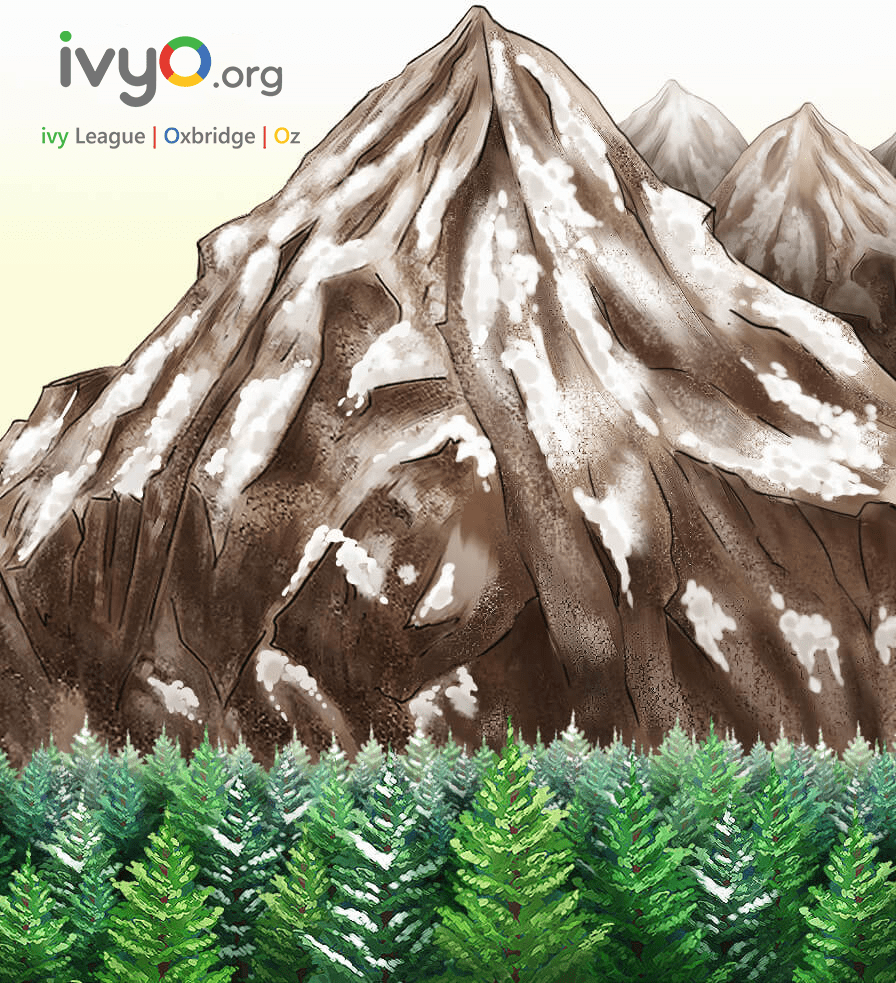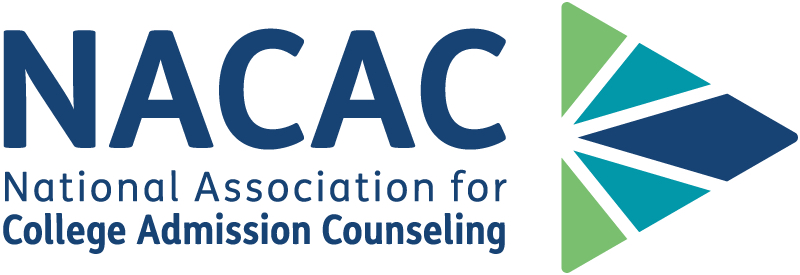
Login to My ivyO Portal
Welcome back! Please login with your email and password.
Haven’t registered?
As I’m a Wharton alum, our students’ parents whom I meet often surmise that I must have been an academic powerhouse at school.
I wasn’t.
Let me take you back to when I was a kid at a prestigious primary school in the leafy upper north shore, Sydney, Australia. Our school library was outstanding, the canteen was even better, but a teacher spoilt my party — I was told that I had a hearing disability!
The teacher was adamant that I was partially deaf and needed a doctor. I endured lots of medical tests and the finding — I had no hearing impairment — I just didn’t listen.
Then I copped even more tests conducted by an educational psychologist and the finding — shock horror — he strongly recommended that I skip a school grade.
I was in Grade 3, my marks were solid but nothing sensational. This shrink was saying, “Yeah, this kid needs to move up a whole grade. He doesn’t listen in class, because he is bored!”
The teacher was dumbfounded as our school curriculum was renowned to be academically rigorous, my parents were petrified, and I didn’t know the difference. I didn't care either and was too busy trading Pokémon cards.
More specialists and counselors got involved. They shared this crazy proposition that I wasn’t interested in class, because I wasn’t being intellectually challenged or stimulated enough.
Cutting a long story short, I went from Grade 3 to 5; I never did Grade 4.
Once I started Grade 5, a small miracle happened — I stopped gazing at the classroom windows to count the birds outside and my marks picked up. At the end of Grade 5, I sat for scholarship exams and was awarded several merit scholarships to Grade 7.
I ended up taking a full academic scholarship at an elite school in the Eastern Suburbs of Sydney.
In terms of my journey to higher education in the US, the seeds were sown when I was in Grade 9 and went on a school economics trip to America. We toured a few Ivy League schools attended by the Kennedys and Einstein. Those institutions had rows of reserved parking spaces for professors who happened to be Nobel Prize Laureates. And that’s where they filmed Harry Potter, what 14-year-olds wouldn’t be impressed?!
When I set foot in the hallowed halls of Wharton Business School, the earth moved for me. I knew in a heartbeat that Wharton is where I’d go for my university studies.
Fast forward to Grade 12, I did OK, won a few scholarships, and got into Commerce/Law at the University of New South Wales.
While I was busy prepping for the HSC — an open exam for Seniors, I made time and applied to a few US colleges. The application journey was arduous, complex, and the holistic US college admission process was utterly foreign to me. Nobody in my tribe had studied in the US, and I just fumbled my way through. I was frustrated, confused and lost. I felt that there should be a better way, but I didn’t know where to look and didn’t find it. That episode left an indelible mark on my mind.
Shortly after I started Commerce/Law, my world was flipped upside down. I got lucky and was admitted to my desired US colleges — all nine of them including my dream school — Wharton.
My four years at Wharton was a memorable chapter of my life; it was incredibly challenging, stimulating, and rewarding. Time just flew by as I was totally immersed in college life, graduation came all too soon.
Wharton opened doors for me to a world of unbelievable opportunities, the global network of Wharton alumni alone is priceless. The knowledge and insight that I’ve gained are assets that money can’t buy.
Not untypical of a Whartonite, I commenced my career in wealth management. It was exhilarating, fun, and I enjoyed all the trappings that comes with high finance. But at Wharton, one of the words that gets thrown around a lot is ‘Impact’.
At Wharton, impact isn’t about the number of connections on your LinkedIn profile. And it's certainly not about how much money you make. It’s about how deeply people are affected by your work, and how long the impact lasts.
After a few years, I realized that while it’s cool to help exceedingly rich clients grow richer, I couldn’t say to myself that I was creating ‘meaningful impact’ in their lives.
I had to dig deeper in my self-reflection. I knew that I enjoy helping people, and I enjoy solving big problems. I searched for the best pathway to direct these passions; I found the answer in education.
Ever since I got into Wharton, friends and members of my extended family asked me to help their younger siblings or children plan for US higher education. I managed to do it rather successfully. The most satisfying moment is always when I see the great, big smile on the kids’ faces when they receive their letter of acceptance from their best-fit school.
Helping kids reach their educational goals and aspirations certainly creates deep impact that lasts a lifetime.
As someone who has benefited immensely from education, I believe education is one of the greatest social equalizers in the world. But sadly, there is nothing equitable about the road to higher education in the US.
The infamous “Varsity Blues” scandal revealed a dark side of college admissions - wealthy US parents including Hollywood celebrities squandered millions in ‘ensuring’ that their little darlings got into top US colleges through the “side door”.
But that’s just the tip of the iceberg.
Elite US colleges favor the rich and famous. If your parents could donate a library or two, it’s likely that you’re already admitted to your dream university.
As for applicants who play by the rules, it’s still not a level playing field. Personalized college counseling can be prohibitively expensive, which is of no concern to affluent families. However, students from backgrounds of modest means often have to go without proper counseling. International students face additional obstacles such as lower availability of financial aids. In short, elite US college admission is a tough game for many.
That’s where ivyO comes in.
At ivyO, we're focused on helping students stand out from the crowded applicant pool and gain admission to their best-fit university. We do that through the innovative ivyO Universities & Colleges Admissions Consultation (UCAC), which enables students to discover their own customized analysis, strategies and recommendations. The ivyO UCAC is incredibly cost-effective, and it could well be all a student needs for their university admissions journey.
For me, at its core, my commitment to ivyO is an acknowledgement that at Wharton, I learned well. I had the time of my life and had the opportunity of a lifetime bestowed upon me.
It’s my turn to give back. It’s my turn to help others reach for their stars. It’s my turn to carry the Wharton torch in creating meaningful and lasting impact for others.


Site built and powered by ivyO
Copyright © 2026 ivyO. All rights reserved.
Privacy Policy|
Terms of Use|
Terms and Conditions of Sale
ivyO is not associated with the Ivy League or any of its affiliates
Due to an extended period of inactivity, you're about to be logged out.
To prevent this, please click "Continue" below.